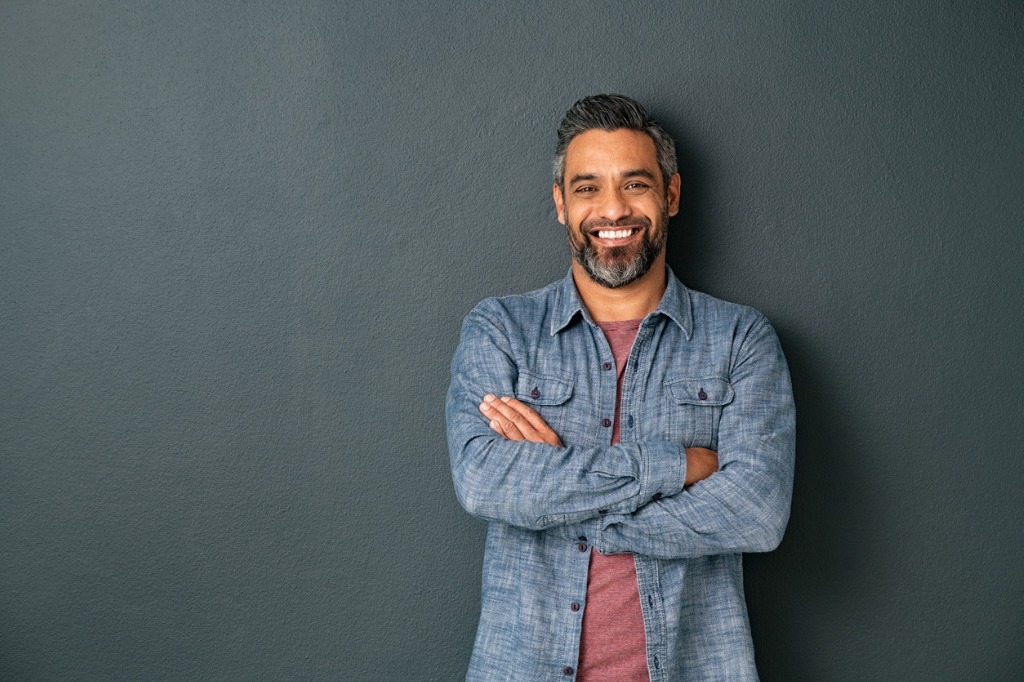Making Yourself a Priority
Jan 14, 2022

Jim lives with his parents. His mother is sick, so he helps with her doctor’s appointments and daily chores such as cooking and cleaning. Jim also helps the neighbors with their car maintenance. When he is able, he helps his sister transport her children to and from school. If the famous saying, ‘if you want happiness for a lifetime, help somebody’ was true, why doesn’t Jim feel content? Why does he just feel burned out and resentful? The truth is that helping others doesn’t always feel great. If not done for the right reasons, it can make you feel depleted or taken advantage of. In this case, Jim is unhappy because he’s helping others but not taking care of his own needs.
Whenever we fly, we hear the flight staff announce the oxygen mask rule, ‘Should the cabin lose pressure, oxygen masks will drop from the overhead area. Please place the mask over your nose and mouth before helping others.’ This principle is just as true in life as on the plane.
A Healthy Approach to Service
Since childhood, we’re taught that we put others first. It’s an attempt to create altruism, but it misses the mark. The truth is, you can’t take care of others if you’re running on empty. You need to care for yourself first. It’s not a selfish act. When you care about another person, whether your partner or a friend, you think about their desires and needs. When you care about yourself, you think about your own needs and wants, and that’s the point. Prioritizing your own physical and emotional health is the first step to having healthy relationships with others.
Putting yourself first means that you need to be happy with yourself to care for others. This mindset will help you become a more giving partner, friend, or family member.
A Nice Guy’s Approach to Service
According to Dr. Glover, most Nice Guys are focused on the happiness of others. This behavior is a way for these Nice Guys to mask their own perceived inadequacies. Nice Guys are afraid that if their flaws are exposed, other people may leave or devalue them. Focusing on others’ needs prevents a Nice Guy from examining themselves too closely. Nice Guys often believe that if they solve other people’s problems, their life will be smooth and free from complexities.
Nice Guys are givers. They often state that they feel best when giving to others and genuinely believe that this behavior will make other people appreciate them more and, in turn, make others treat them as a priority. When they discover that those they give to do not give back the same way, they feel empty, resentful, and mistreated. Not a good way to live and not a good way to move forward in a relationship.
When you fail to do the internal work needed for personal growth and self-love, you become stuck. As a Nice Guy, putting so much emphasis on others stunts this personal growth. Instead, you push yourself into a victim’s mindset, becoming someone that needs to be taken care of. You cannot stand on your own and take responsibility for your choices or blame your partner or your circumstances. Women in relationships with Nice Guys are often frustrated because they feel like they are raising another child in the form of their partner. Nice guys, in turn, focus so much energy on their intimate relationships, thinking it will fix the problem. This mindset can become a toxic cycle of obligation rather than a genuine exchange in a healthy relationship where each individual may take care of the other out of the desire or love to do things for their partner.
So What Do You Do?
If you find yourself in the Nice Guy mindset, it’s time to stop and focus on change. Reevaluate your needs and values. Examine your communication with those around you. Do you communicate what you need, or do you commit acts of service in hopes that they will do the same for you? It’s never too late to change and grow and correct your path. At Integrated men, we help Nice Guys catch up with the rest of the world and teach them how to work on their personal growth and recover lost years steadily. It will take work, but aren’t you worth it? We think you are.
Upcoming Meetings
Become the Partner You Seek [2026]
Feb 17, 2026

Pretty much every single adult wants to find the one, mainly to overcome the uncomfortable feeling of being alone. We try out all the dating apps and websites and try to meet people in our softball league or perhaps church meets.But how many awkward first dates are you willing to go on before you ...
Not a member yet?
Sign up to attend an upcoming meeting

Becoming an Integrated Male
Feb 18, 2022
Are you a Nice Guy? Do you always want to gain someone’s approval in one way…

Valentine’s Day Ideas to Have Fun Without Breaking the Bank
Feb 11, 2022
For obvious reasons, it’s pretty typical to want to go above and beyond to make sure…

It’s Not Emasculating to Say No
Feb 04, 2022
Societal gender roles have done a great deal of damage to the way we perceive ourselves…

Are Poor Communication Skills Hurting Your Relationships
Jan 21, 2022
Successful communication is the hallmark of a healthy relationship. When there is a lack of communication,…